Support OpenDurham.org
Preserve Durham's History with a Donation to Open Durham Today!
OpenDurham.org is dedicated to preserving and sharing the rich history of our community. Run by our parent nonprofit, Preservation Durham, the site requires routine maintenance and upgrades. We do not ask for support often (and you can check the box to "hide this message" in the future), but today, we're asking you to chip in with a donation toward annual maintenance of the site. Your support allows us to maintain this valuable resource, expand our archives, and keep the history of Durham accessible to everyone.
Every contribution, big or small, makes a difference and makes you a member of Preservation Durham. Help us keep Durham's history alive for future generations.
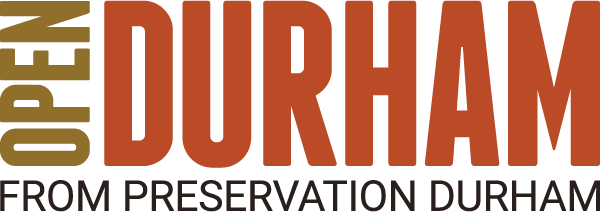
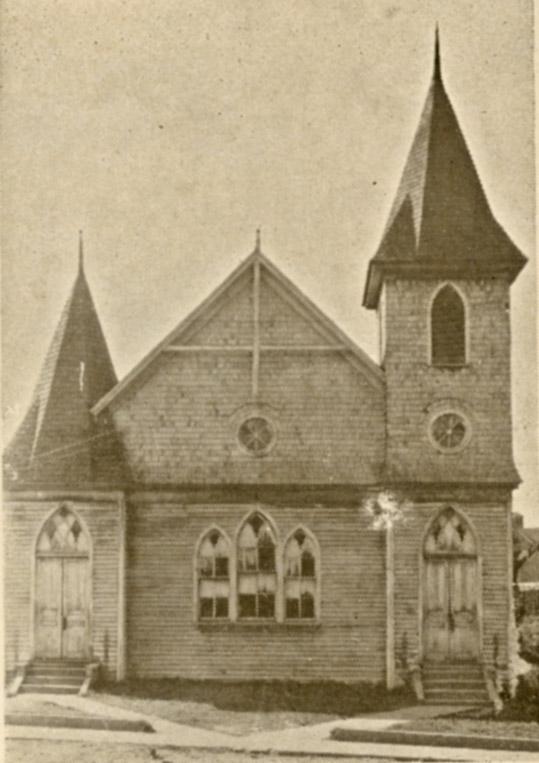
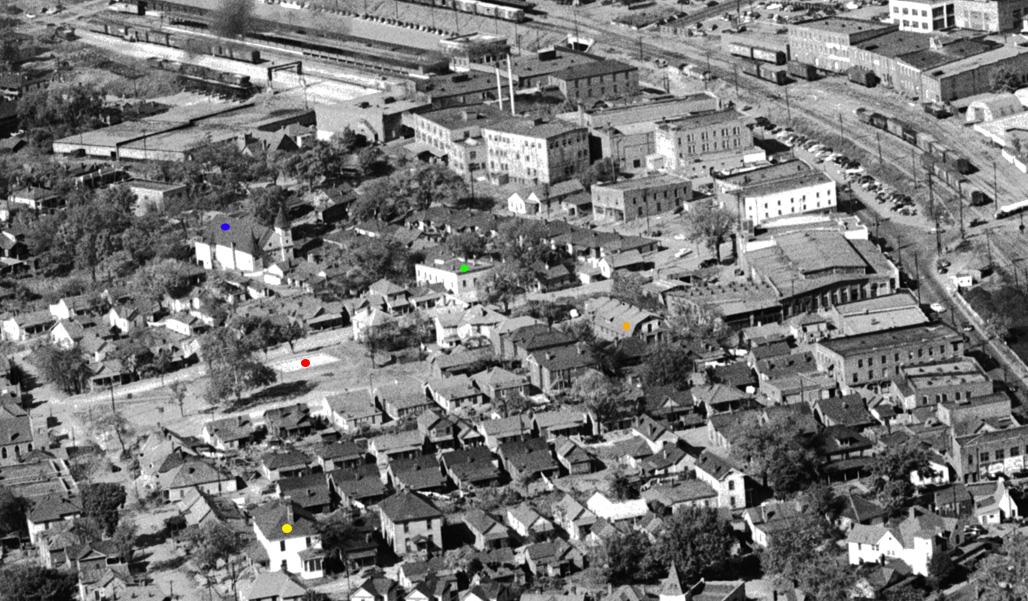
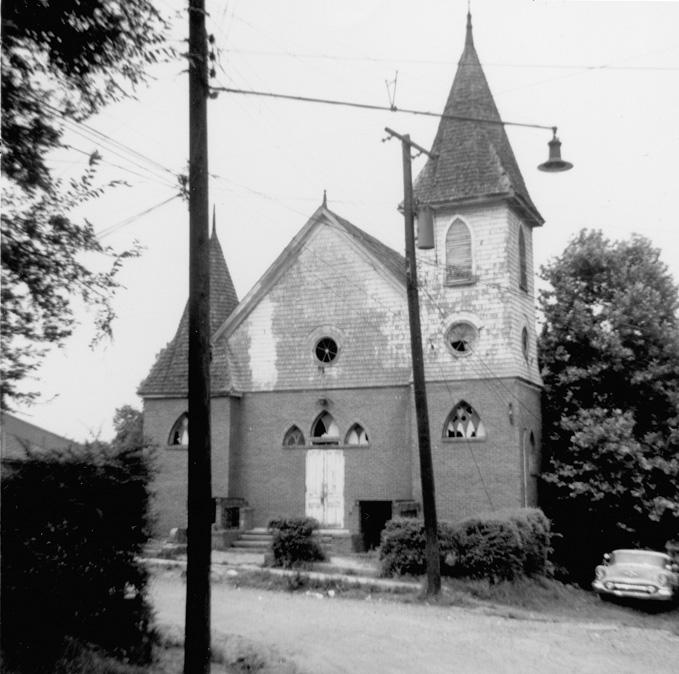
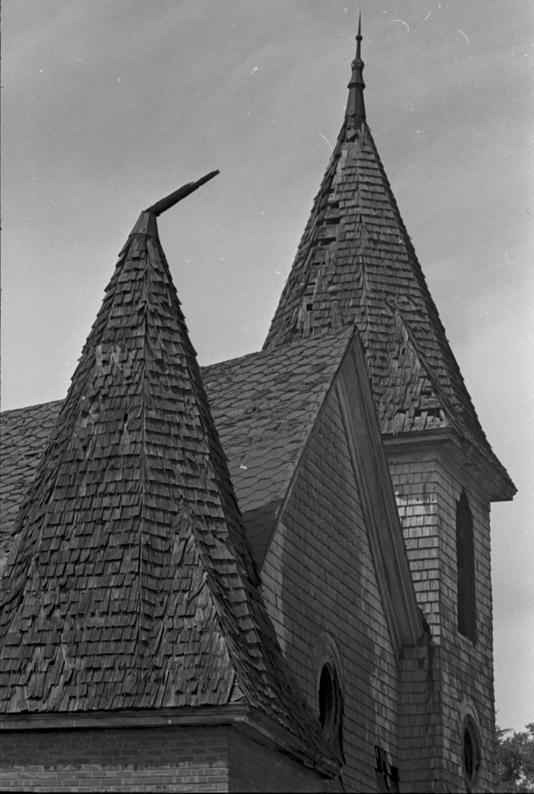
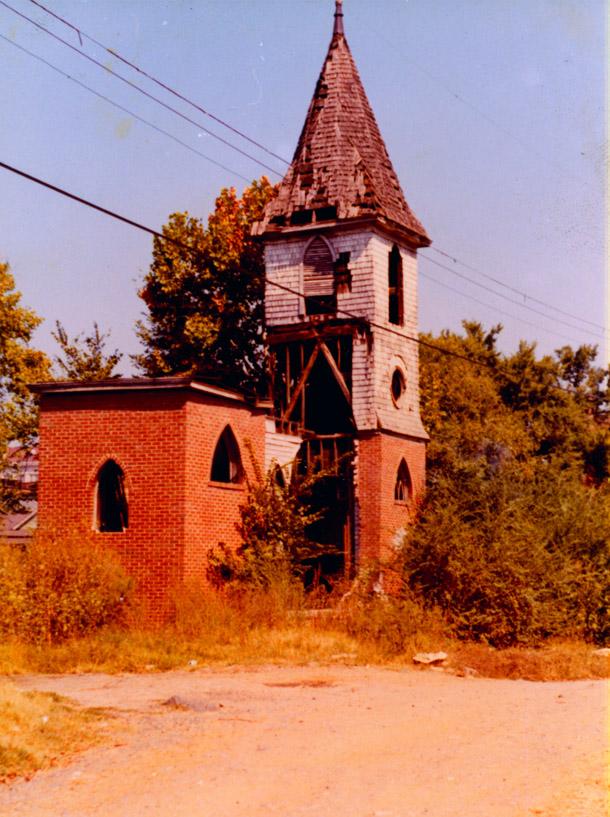
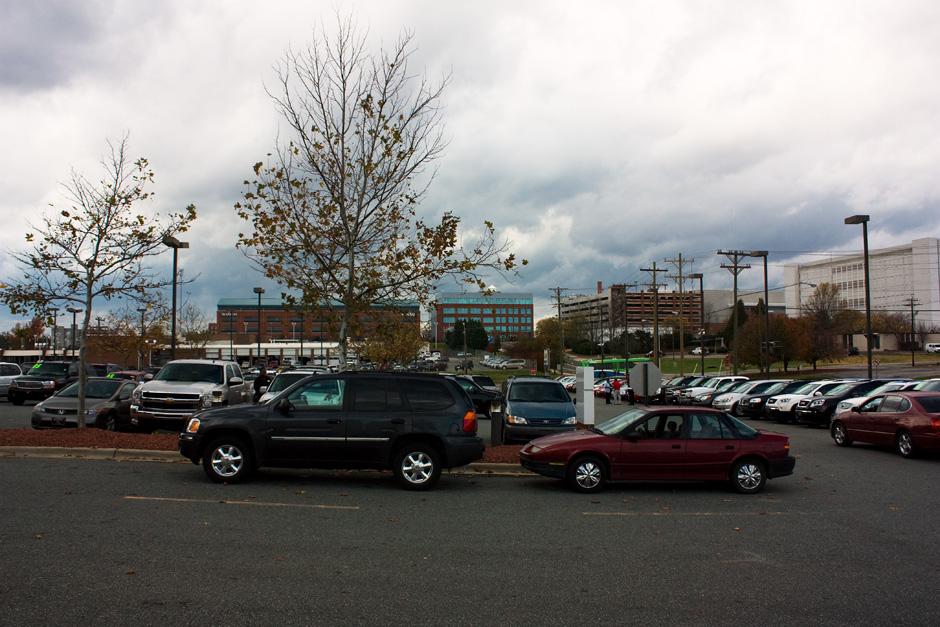
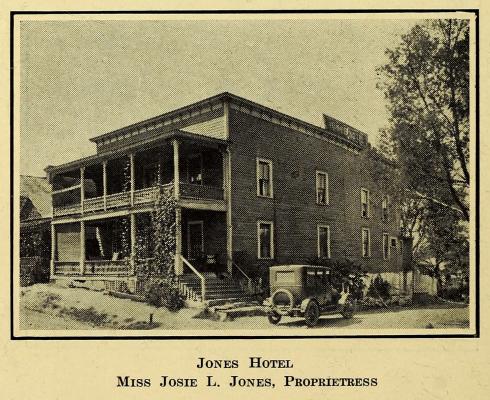
Comments
Submitted by Andrew Edmonds (not verified) on Sat, 3/6/2010 - 8:46pm
From the Mount Vernon Baptist Church website:
Mount Vernon Baptist Church was begun when the state of North Carolina and the nation were in the Populist era; a time in our country's history when the Populist Party, a political party was strongly advocating such things as government control of certain industries, the levying of income tax and the limitation of private ownership of land. This was more than a decade before North Carolina Mutual Life Insurance Company was founded and a quarter of a century before James E. Shepard would begin what is now known as North Carolina Central University. When the church was begun, Frederick Douglas had been dead less than two years and Booker T. Washington was not yet nationally known. The United States was fast becoming an industrial giant and Durham had seen the growth of fortunes in such areas as the tobacco and textile industries. African-American leaders such as the earlier Merricks, Moores, Shepards, Pearsons, and others were having a local impact.
Organized in 1880, Mount Vernon had its beginning as a mission in a two-room facility on Queen Street. This building was given to the church in 1884, by R. L. Blackwell, a white man. Its initial membership was seven or eight people. It is believed among these were Dolly Best, Isabella Gilmore, Will and Polly Lassiter, and Julia Richmond. These saints had a very rich heritage which went back to Africa, where religion, family, philosophy, science, engineering, architecture, agriculture, education, technology, and civilization began.
In 1887, after a revival in the Masonic Hall on Fayetteville Street, the church was officially organized under the leadership of Reverend J.K. Butler. Rev. Butler then Pastor of First Baptist Church, later renamed White Rock Baptist Church, was chosen as Mount Vernon's first pastor. The members purchased a lot on the corner of Mount Vernon and Queen Streets (hence the name of the church), and there erected the first Mount Vernon Baptist Church in the city of Durham. From 1887, during its location at the original site, eight pastors served the church. In the order of their pastorates were: the Reverends' J.K. Butler, Walter Gray Kirby, Paul Yancey, J.H. Boyd, R.S. Spiller, W.C. Williamson, and J.H. Thomas.
Rev. Thomas, who led in the building of the new edifice, became the pastor when the Great Depression was in progress. He continued as pastor throughout World War II. In 1941 the second church at 1000 South Roxboro Street was erected. It was toward the end of this decade, in 1947 that Rev. Thomas resigned his position as the Church's minister.
Add new comment
Log in or register to post comments.